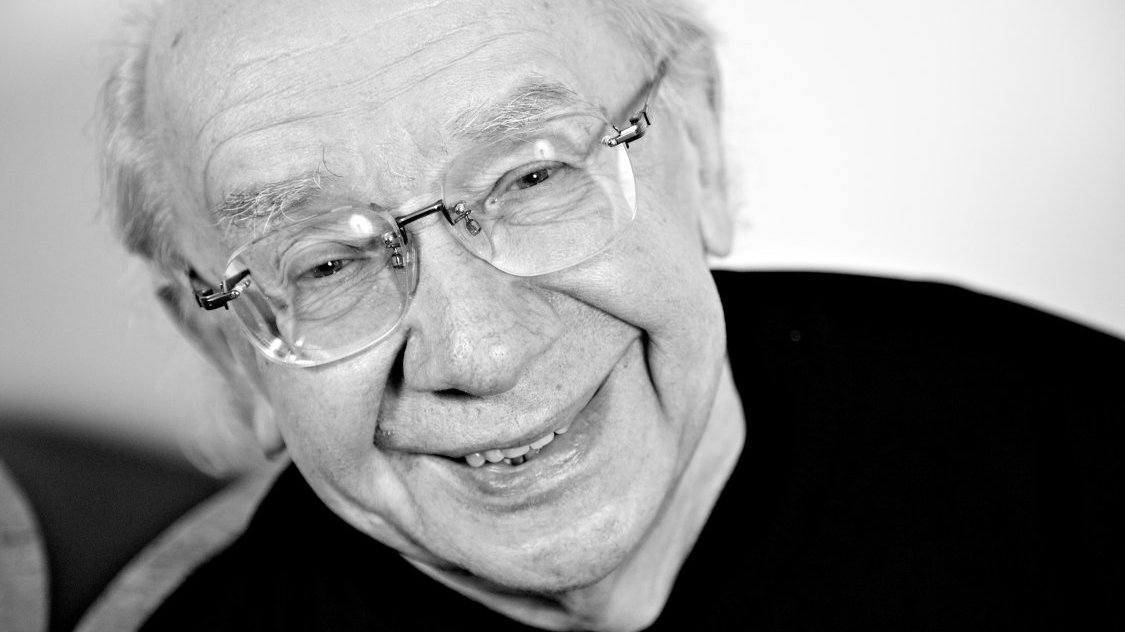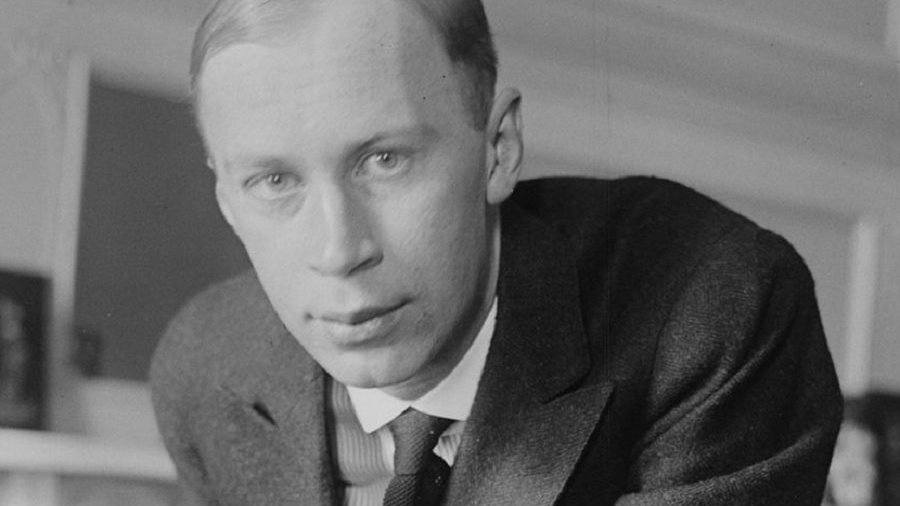From Flute to Violin: The Evolution of Prokofiev’s D Major Sonata
During the summer of 1943, Sergei Prokofiev escaped the war-torn Eastern Front for the isolation of the Central Asian city of Alma-Ata, where he was hard at work on the sprawling film score for Sergei Eisenstein’s Ivan the Terrible. In the middle of this massive project, Prokofiev found himself drawn to music on the other end of the spectrum- something he described as a “sonata in a gentle, flowing classical style.” This piece was born as the Flute Sonata in …





